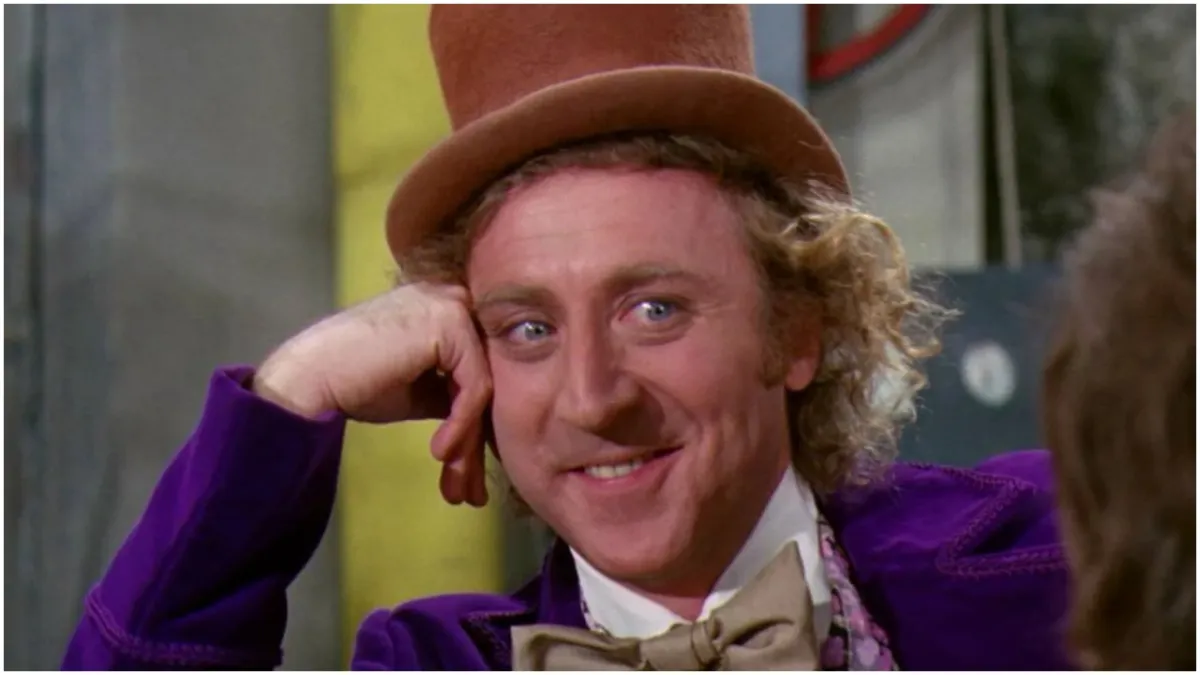One week after Penguin Random House announced it would publish updated, censored versions of Roald Dahl’s books starting this year, the publisher has announced an addendum. In addition to new versions of Charlie and the Chocolate Factory and The Witches, among others, Penguin will release 17 of Dahl’s original works as “The Roald Dahl Classic Edition.” So readers can decide which version they want to purchase.
However, these likely won’t be the original versions of Dahl’s books. Instead, Penguin will probably re-release the versions he revised himself to make them less offensive after their initial publications. Dahl himself made those changes—less likely because his opinions had changed than because he faced significant profit loss.
The two editions, explained
In the first edition of Charlie and the Chocolate Factory published in 1964, the Oompa Loompas were described as African Pygmy people Willy Wonka snuck out of their homes in crates and then forced into servitude. When the movie adaptation was made, groups like the NAACP protested the source material. The filmmakers changed the Oompa Loompas’ origin story and appearance. Dahl made changes to the book itself two years later and it was re-released alongside the sequel, Charlie and the Great Glass Elevator.
The latest round of changes were proposed by Puffin Books and the Roald Dahl Story Company, which manages the copyrights and trademarks for his works. They’re significantly smaller—and, in some ways, sillier—than changes Dahl himself made 30 years ago. However, the new changes are likely being made for similar reasons: protecting Dahl’s intellectual property (IP), especially after Netflix acquired the rights to said IP in 2021. Netflix can produce new adaptations of Dahl’s work and make whatever changes it sees fit, whether the books themselves have been edited or not.
So, even with Penguin releasing “The Roald Dahl Classic Edition” alongside the newly-revised books, new generations are more likely to be familiar with the Netflix versions than what currently identify as the classic versions of Dahl’s stories.
In the February 17th announcement, the Roald Dahl Story Company said, “When publishing new print runs of books written years ago, it’s not unusual to review the language used alongside updating other details, including a book’s cover and page layout. Our guiding principle throughout has been to maintain the storylines, characters, and the irreverence and sharp-edged spirit of the original text.”
The company worked with Puffin Books and the Inclusive Minds collective, which aims to make children’s books more accessible and diverse, to review Dahl’s books for content that might spark controversy with modern audiences. They were immediately met with backlash from people and organizations from every part of the political spectrum for sanitizing Dahl’s works. Some asked instead for a content warning to be provided at the beginning of his books, similar to the one Disney+ has applied to its older content.
By releasing the classic editions of Dahl’s books and the newly-edited editions, Penguin will profit from both. Critics can rest easy, knowing that at least people have a choice in what they buy. It seems like the best possible move for the publisher to make. That said, we expect Netflix will face similar backlash if and when it makes significant changes to its Dahl adaptations.
(featured image: Paramount Pictures)









Published: Feb 25, 2023 02:39 pm